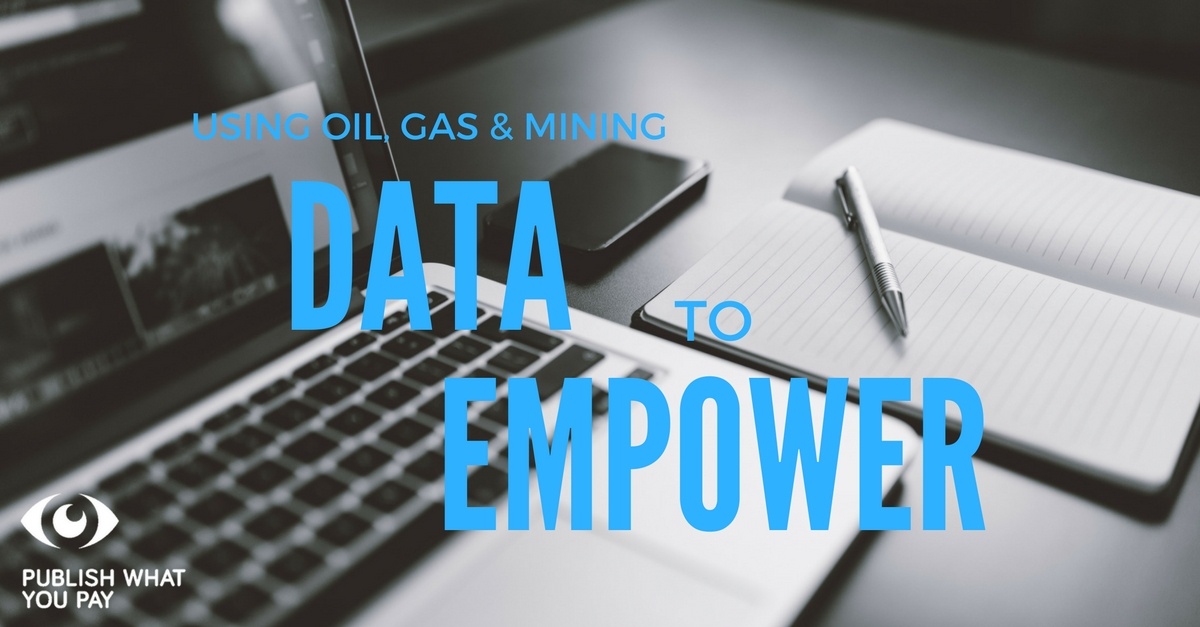We’re at the OGP summit in Paris demonstrating how the flurry of extractives data we have seen in the last few years can empower people.
It remains difficult to get a full picture of company activities, due to a lack of comparable, openly available data; and an absence of certain data such as contracts. Through a multi-stakeholder panel, we intend to show how greater levels of transparency are advantageous to government, industry and citizens. We will show what can be done with the data we now have, and identify what more data is needed to make extractives industries more open.
The key question we will seek to address are:
– What does the recent wave of extractives data mean for civil society?
– What do we know now that we didn’t before?
– How can greater transparency benefit civil society, government and companies?
– How is this data being used?
– What more is needed to have a truly open extractive industry?
Join our Thunderclap!
As part of this event, we are encouraging input from the broader community on the importance of oil, gas and mining transparency, accountability, and what it means for civil society, asking our friends, fans and followers to tell us, “How do you think data can increase transparency in oil, gas and mining?”
Join our Thunderclap here

The Data Revolution
Just a few years ago, it was unthinkable that big oil, gas and mining companies would make information about their finances and operations publicly available. Now, thanks in part to the Publish What You Pay (PWYP) campaign, extractive companies and governments are publishing that information.
We run a Data Extractors Programme, a global initiative which trains participants to uncover extractives data. It creates a network of activists who can in turn share their knowledge with local communities. Our goal is to enable citizens to help ensure natural resources are managed for the benefit of society as a whole.
PWYP’s grassroots members all over the world are now using that information to uncover the stories hidden behind the data and to answer important questions about the impact of extraction – economically and socially – on local people.










